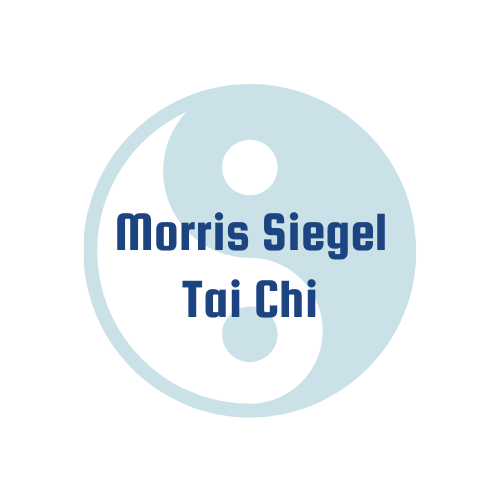Reduce insomnia with tai chi
Over the past twenty years, there have been studies on how tai chi helps people to get more sleep.
A 2004 study that was reported in the Journal of the American Geriatrics Society determined that tai chi not only helped people fall asleep faster and sleep longer, but that tai chi outperformed other low-impact exercise. That study, “Tai chi and self-rated quality of sleep and daytime sleepiness in older adults", was performed using just two groups: tai chi and low-impact exercise.
Participants in that study engaged in three 60-minute classes per week, then reported their sleep results using the seven subscales of the Pittsburgh Sleep Quality Index (PSQI), PSQI global score, and Epworth Sleepiness Scale (ESS).
In 2020, researchers in Hong Kong released a study entitled “Effects of Tai Chi or Exercise on Sleep in Older Adults With Insomnia.” The study looked at tai chi’s efficacy in reducing insomnia in seniors in a randomized study that compared tai chi to conventional exercise, employing a control group that did neither form of exercise. Instead of relying solely on self-reported sleep quality, this study used objective data from actigraphy-based measurements.
Actigraphy involves the wearing of a small digital device, which is worn like a wristwatch. Some of you may already be wearing such a thing if you are using an Apple watch or something similar to track your sleep cycles.
According to the 2020 study, reported at JAMA Netw. Open, tai chi and conventional exercise were both helpful in reducing insomnia, including in some cases remission of insomnia, and in others, reduction of severity. Their conclusion was that tai chi can be an alternative approach for managing insomnia.
